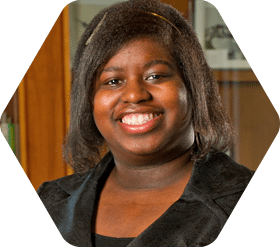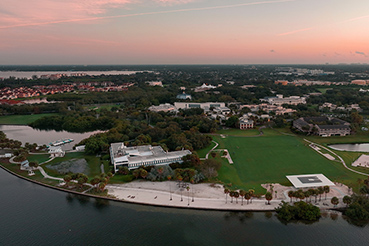Quick Contact

Jared Stark
Professor of Literature and Comparative Literature
Seibert Humanities 216
starkjl@eckerd.edu
727-864-8286

"It was an English Lit class with Professor Empric that first got me interested in law school."
Amber Robinson '10
Major: Literature
Hometown: St. Petersburg, FL





